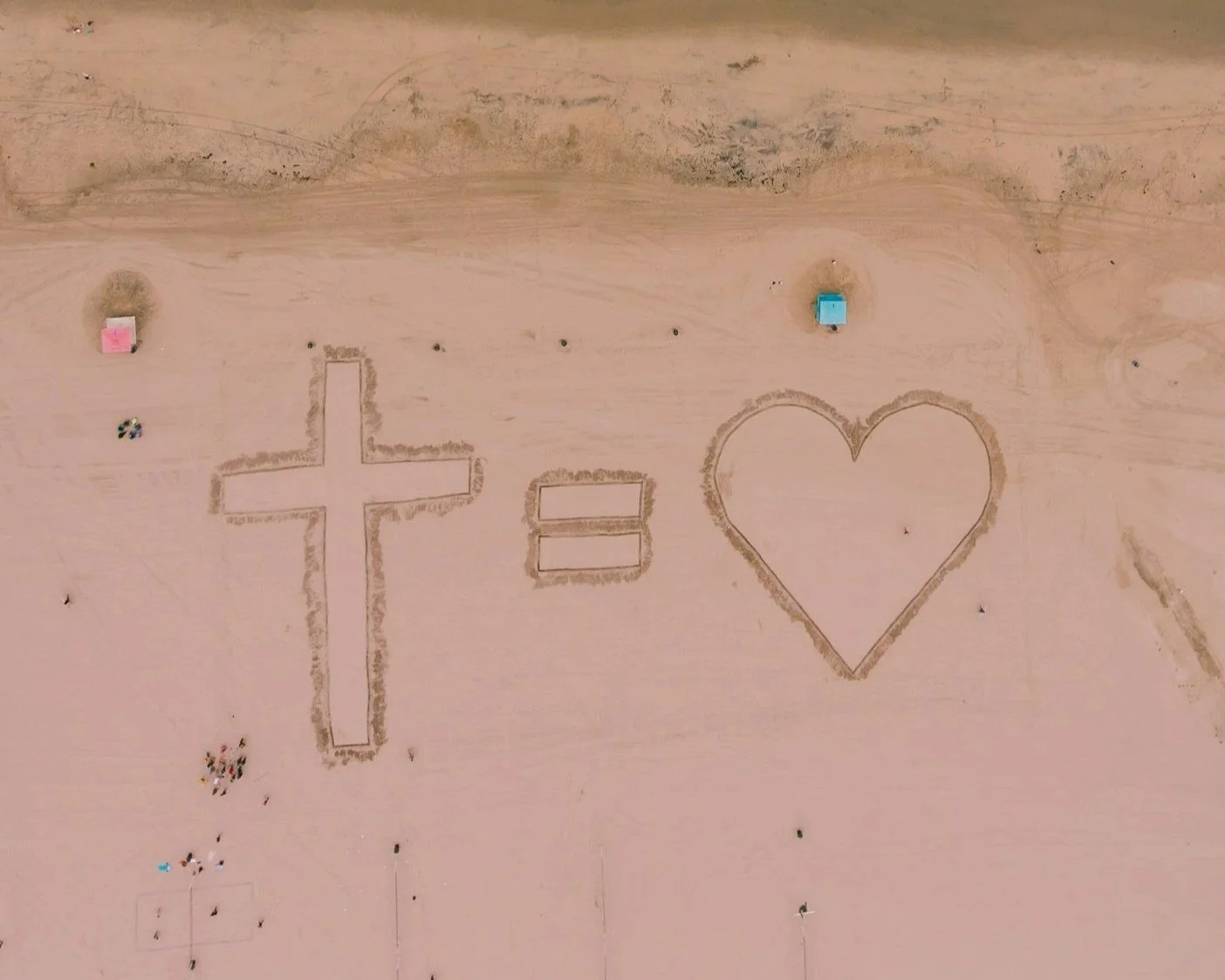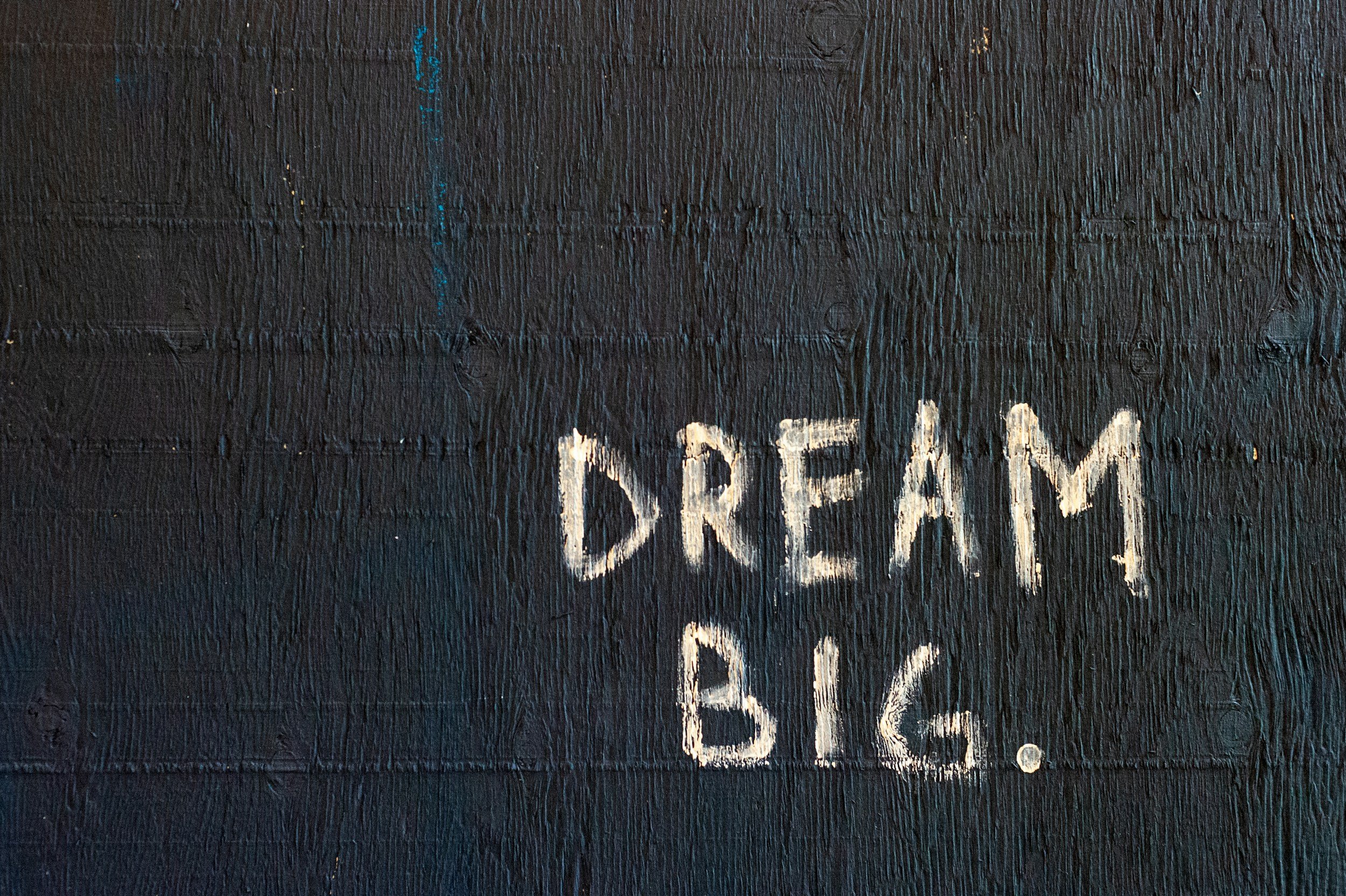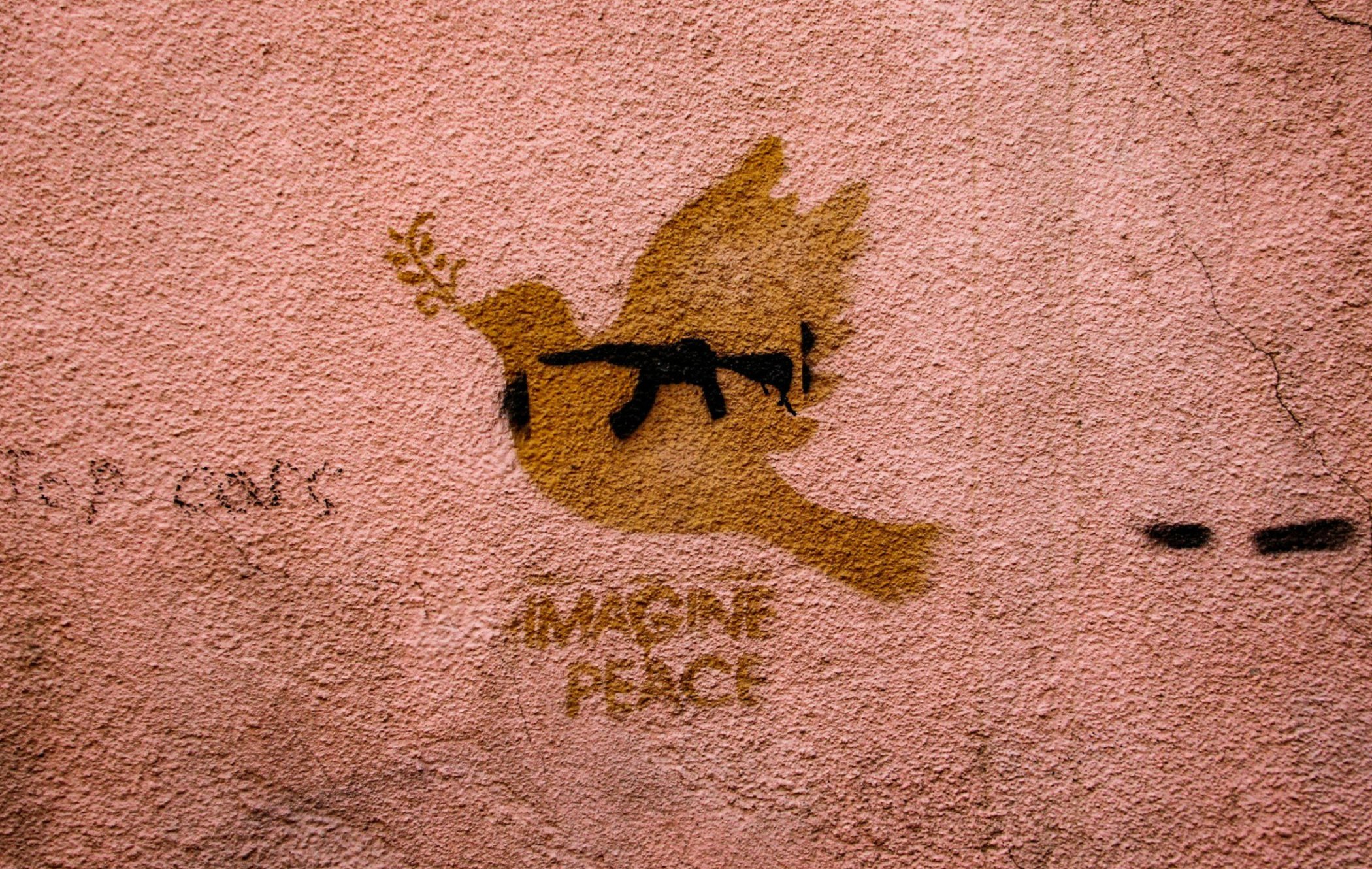Everyday Peace Through Simple Stories
by Julia Davies
Julia Davies interned with Peace Catalyst International in Bosnia and Herzegovina (PCI-BiH) from 2023 to 2024 and is currently a Fulbright scholar finishing her masters in Peace, Development, and Security studies at the University of Belgrade in Serbia.
Reach the World is a non-profit that connects travelers abroad with K-12 classrooms across the U.S. to inspire younger generations to study and live outside the United States. Through short journal entries, photos, and live stream video chats, young adults living abroad can connect, answer questions, and share personal stories from wherever they are in the world.
Through a project entitled “Exploring Peace in Serbia,” I was given the opportunity to connect with 5th grade students in the US, drawing on my internship with PCI in Sarajevo and my current Master’s program studying Peace, Security, and Development in Belgrade.
I often have trouble communicating the nuances and intricacies of peacebuilding with a peer audience, fumbling for the right words and constantly reconstructing ideas and sentences, grasping for the best way to simplify but not dilute complex and sensitive topics. I imagined written work for a fifth-grade audience to be impossible at worst or low quality at best. Yet, the task of simplifying dominant themes and special attentiveness to difficult subject matter made for some insightful pieces.
Rather than change this writing to better suit PCI’s adult audience, I decided to keep its original prose suited for fifth-graders, given that simplified language deepens understanding and accessibility to the messy and complicated process of peacebuilding.
I hope these short and simple journal entries can help you better understand or better communicate to other audiences the mission of peacebuilding while offering a glimpse into PCI’s work in Bosnia and Herzegovina.
Before moving to Sarajevo, the capital of Bosnia and Herzegovina (BiH), I took language classes with an online tutor once a week to learn the local language. I learned how to count (jedan, dva, tri) and how to say my name (Ja sam Julia). I could understand my teacher and have easy conversations after a few months! So, naturally, I thought that I could understand at least some of the first PCI-BiH workshops that I attended in Bosnian.. How wrong I was! Everyone seemed to talk so fast and I couldn’t understand anything. It was hard to keep paying attention and not let my mind wander. But the hardest part was feeling left out. Sometimes people would laugh or cry and I had no idea why. But I was determined to keep coming back every week.
In the third week, one of the teachers, Orhan, led the workshop “Mainstream and Margin.” To understand the central concept of this workshop, I like to think of a river. Some parts of the river flow faster than others. The main part of the river – the mainstream – is where the power is. Life tends to be like this river too, with some groups being the most active or powerful while others can feel left out, excluded and left behind. We refer to this as the mainstream and the margin, but you could also say "in-group" and "out-group." The mainstream are the ones who decide the rules and culture of society, what is and is not acceptable, and how people should and should not behave. The margin is those who have to listen to and follow the rules that have been set for them.
Everybody can be mainstream in one way and margin in another. If you are mainstream in this group, there are other groups in which you are the margin. Can you think about times when you were in the margin? When you felt left out or excluded from a group? I bet you can, and I bet you remember feeling lonely, sad, and maybe angry.
During this workshop, I didn’t think of myself as “left out” or “in the margin.” But then Orhan stopped and asked if anyone who spoke only English would help explain what we were talking about. He said that when he studied abroad in Turkey, he couldn’t understand anything at first. It was hard and he always felt left out. He apologized to me for not saying some things in English or trying to include me more. It felt like a weight was lifted off my shoulders. We talked about acknowledgement the previous week, and when Orhan said he understood that listening to a language you don’t understand for hours is hard, it made me feel acknowledged and that I wasn't being forgotten about.
This is how Orhan remembered his time being in the margin - when he lived in a foreign country and couldn’t understand or speak the language. When you are not part of the mainstream, it is often more difficult to speak up, and you tend to further isolate yourself.
This workshop left us participants with both bad and good news. The bad news is that sometimes we are in the mainstream and forget to include others. This is normal because we are excited to be part of our group and to belong, but we can and do forget others as a result. The good news, though, is that we can learn from those moments when we feel left out, so that we can be better attuned to acknowledge those left out when we are in the mainstream, just as Orhan did!
“GETTING COMFORTABLE WITH DISCOMFORT”
The wind whips my face as I clutch my coat closer to my chest in a futile attempt to get warm. Still dark outside, I scan the empty Amsterdam street, hoping the bus that was supposed to arrive would quickly turn down the road. There was no one around, and the only confirmation that I was in the right place was an online bus ticket with coordinates for pick-up. It was 5:15 AM and I questioned why I decided to book a 28-hour bus ride across Europe, from the Netherlands to Bosnia, a country I had never been to and frankly only recently heard of. I was too tired and cold at this point to be excited – only nervous and regretful.
The bus did arrive, and I did sit, sleep, read, journal, and stare out the window as the German, Austrian, Slovenian, and Croatian landscapes passed slowly by. My phone lost service, and I held onto a slight anxiety that this bus might not be going where I hoped it would. No one spoke English, and I had no idea where I was. I was meeting someone in Sarajevo, but I wasn’t even sure which stop to get off at.
This was a time when I was in my “discomfort zone.” We are usually in one of three zones: the “comfort zone,” the “discomfort zone,” and the “alarm zone.”
The comfort zone is where we feel safe and happy. It's the stuff we know and do every day, like hanging out with friends or playing a game we’re really good at. It’s nice and important sometimes, but we don’t grow much here.
The alarm zone isn’t good either. It’s when we feel overwhelmed like we’re in “fight or flight” mode, and we can’t think straight.
The discomfort zone is when we do something new or difficult. This is the best area for learning and growth, though it can be scary and challenging. When I took that bus to Bosnia, I was definitely in my discomfort zone – I took a risk and now, writing this from Bosnia where I spent Thanksgiving with my friends – I know it was worth it.
Different people have different sizes of comfort zones, discomfort zones, and triggers for crossing into their alarm zone. The good news is that the more time you spend outside your comfort zone, the bigger your comfort zone becomes. This means you can be ready for more challenges and new experiences.
Traveling, with its new languages, unfamiliar food, and surprises, has taught me to embrace discomfort. It’s how we learn to be comfortable with being uncomfortable.
What’s something new you’ve wanted to try but have been too scared to? Discomfort is what helps us grow - so find what pushes you, and try out something new!



